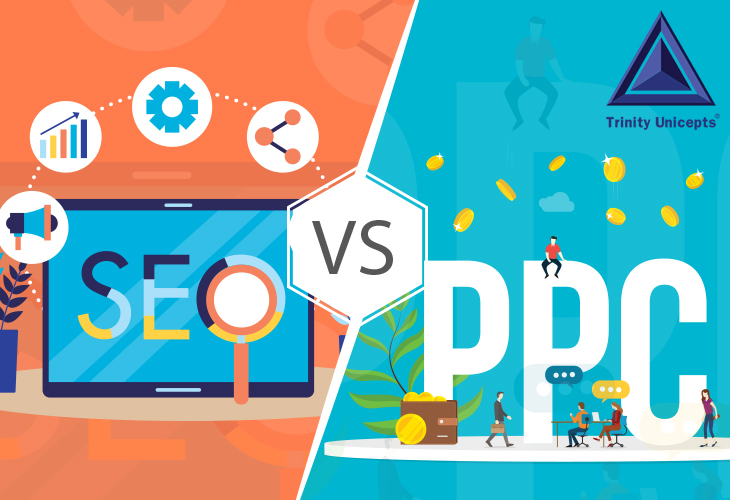What is Page Speed?Many times page speed is mistaken for website speed. Page speed is the loading time of the content on your website. The page speed can be evaluated using Google’s PageSpeed Insights.
There are two most common ways to measure the speed of your page.
Time to First Byte: It measures the time of the loading process of the website.
Fully Loaded Page: It is the most effortless way to measure how quickly the page loads.
Why is Page Speed Important? There are several reasons for your page speed to be quick:
Website Visitors: In today’s time, people have become impatient. Nobody wants to wait for a web page which takes an eternity to load. There are very slim chances of your visitor to stay till it gets load.
SEO gets affected: If your page takes a long time to load it affects your website’s ranking on search engines. You can prevent this adversity by making the user experience a priority.
Slow webpage cut downs conversions: A study showed that 40% of people would leave your website if it took more than 3 seconds to load. Through this, a lot of potential customers are lost. Don’t fall as prey of slow web pages, but conquer your business with quicker loading ones.
The slow webpage speed leads to dissatisfaction among visitors and thinks twice before returning to the site. Whereas, the faster the webpage speed, there are happier customers and higher conversion of sales.
Ways to Improve Your Page Speed: These points are saving graces for your pages to gain high speed.
Minimise Javascript and CSS: You might give an iota of importance to Javascript and CSS, but it has gotten considerable importance for your page speed. By minimising Javascript and CSS, it compresses the extra whitespaces, removes code comments. These easy changes can help retain the 20-30% of your lost page speed.
Make use of Browser Caching: Browser Caching fulfills the purpose of storing assets to make use of it later. But what assets does browser store? It saves the static assets, which include Images, Javascript, CSS.
Let’s understand with an example: When a visitor comes for the first time to your website, it might take a little while for a web page to load. Again the same visitor visits your site; it will load faster than the first time. The reason for this is your static assets are stored in the browser of your visitor. Thus, it reduces the page load speed of your website.
Ways to Improve Your Page Speed: These points are saving graces for your pages to gain high speed.
Minimise Javascript and CSS: You might not give an iota of importance to Javascript and CSS, but it has gotten considerable importance for your page speed. By minimising Javascript and CSS, it compresses the extra whitespaces, removes code comments. These easy changes can help retain the 20-30% of your lost page speed.
Make use of Browser Caching: Browser Caching fulfills the purpose of storing assets to make use of it later. But what assets does browser store? It saves the static assets, which include Images, Javascript, CSS. Also, with the storage of static assets, the HTTP and file requests are reduced.
Let’s understand with an example: When a visitor comes for the first time to your website, it might take a little while for a web page to load. Again the same visitor visits your site; it will load faster than the first time. The reason for this is your static assets are stored in the browser of your visitor. Thus, it reduces the page load speed of your website.
Image Optimisation: Image optimization reduces the file size of images without diminishing the quality of the image to reduce page load time as much as possible. There are various tools available to optimize images like JPEG Optimizer, Optimizilla, Kraken.io, ImageRecycle and more.
Gzip: It is used to compress the original size of the file or data. The original size of the data is available by un-zipping the original file. The content to be delivered is compressed, sent to the visitor’s browser and unzipped to display the content immediately. Gzip saves 70% of the content’s file size, which helps in boosting page speed.
Conclusion: Page speed is the spine of your website without which all the embellishments, efforts put in your website falls flat. You have only three seconds to impress your visitors. So don’t delay, just achieve the three seconds rule for loading your web page.







